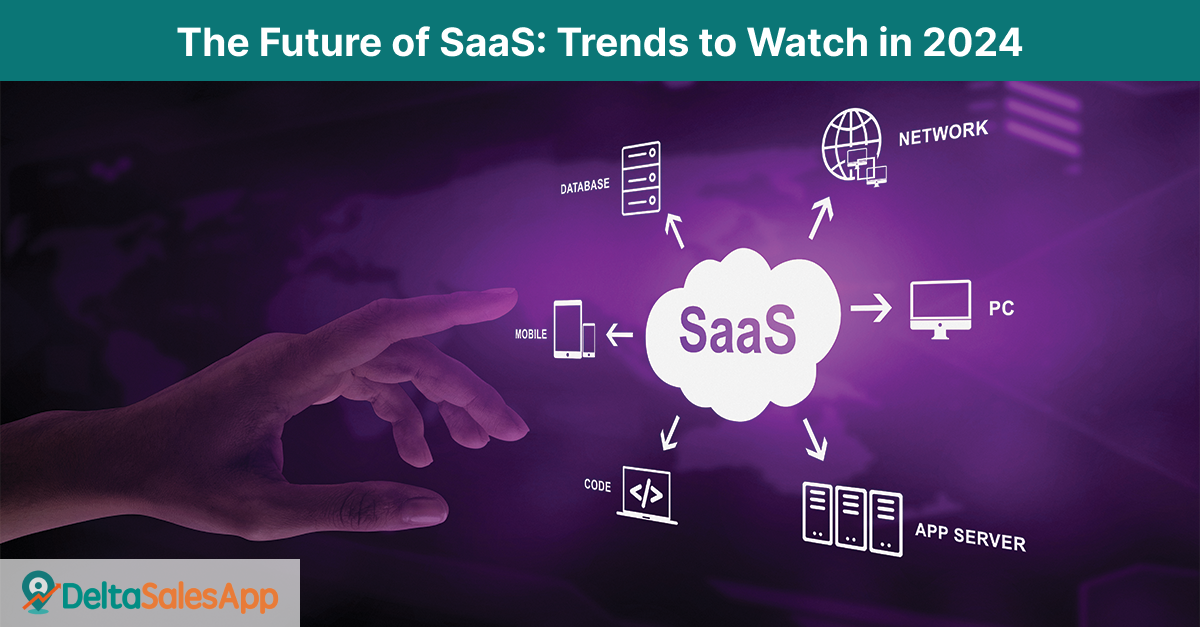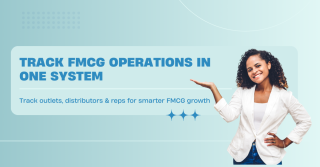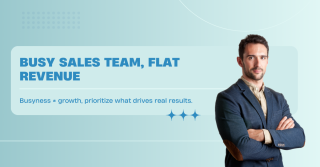The Future of SaaS: Trends to Watch in 2024

“The only constant in technology is change, and the SaaS industry is no exception. Staying ahead of the trends is not just an advantage, it’s a necessity.”
The Software as a Service (SaaS) industry continues to revolutionize how businesses operate, offering scalable solutions that enhance efficiency and reduce costs. As we move further into 2024, several emerging trends are set to shape the future of SaaS, making it more integral to business operations than ever before. Here's a look at the key trends to watch:
AI and Machine Learning Integration
AI and machine learning are no longer just buzzwords but essential components of SaaS offerings. These technologies enable predictive analytics, personalized user experiences, and automated customer support. SaaS providers are increasingly integrating AI to offer smarter, more responsive applications that can learn from user behavior and adapt accordingly.
Enhanced Data Security
With the rise of cyber threats, data security remains a top priority for SaaS companies. In 2024, we can expect to see advanced security measures such as zero-trust architecture, enhanced encryption, and AI-driven threat detection becoming standard features. SaaS providers will continue to invest heavily in security to protect sensitive business data and maintain customer trust.
Customization and Flexibility
Businesses are seeking more tailored solutions to meet their unique needs. SaaS platforms are evolving to offer greater customization options, allowing companies to modify features, workflows, and integrations to suit their specific requirements. This trend towards greater flexibility ensures that SaaS applications can grow and adapt alongside the businesses they serve.
Vertical SaaS
Vertical SaaS refers to solutions tailored for specific industries such as healthcare, finance, or retail. In 2024, we will see a significant increase in vertical SaaS offerings, providing industry-specific features and compliance measures. This specialization helps businesses address niche challenges and leverage tools designed with their unique operational needs in mind.
Low-Code and No-Code Platforms
The demand for low-code and no-code platforms is surging as businesses strive for faster development cycles and reduced dependency on IT teams. These platforms enable users with minimal coding experience to create and modify applications, fostering innovation and agility. In 2024, we can expect these platforms to become even more powerful and user-friendly.
Hybrid and Multi-Cloud Strategies
As companies look to avoid vendor lock-in and enhance resilience, hybrid and multi-cloud strategies are becoming more prevalent. SaaS providers are developing solutions that seamlessly integrate with multiple cloud environments, allowing businesses to leverage the best features of each platform while ensuring redundancy and flexibility.
Sustainability and Green Computing
Sustainability is increasingly influencing purchasing decisions. SaaS companies are adopting green computing practices, such as optimizing data center energy usage and developing eco-friendly software. Customers are now more likely to choose providers who demonstrate a commitment to reducing their environmental impact.
Advanced Analytics and BI Tools
The ability to make data-driven decisions is crucial for business success. SaaS solutions are incorporating advanced analytics and business intelligence (BI) tools to provide deeper insights and more actionable data. These tools help companies track performance, identify trends, and make informed strategic decisions.
Conclusion
The future of SaaS is brimming with innovation and opportunities. As businesses navigate an increasingly digital landscape, SaaS solutions will continue to drive efficiency, agility, and growth. At Delta Sales App, we recognize the pivotal role that SaaS plays in modern business operations. Our field sales automation and employee tracking solutions are designed to cater to the unique needs of SaaS companies, helping them streamline operations and achieve their goals. By staying ahead of these trends, we ensure that our clients are well-equipped to face the challenges and opportunities of the future.
Delta Sales App is a field sales force automation software for managing sales teams and their activities in a way that helps companies grow revenue. It is designed to resolve the day-to-day field sales reporting problems faced by field reps, sales managers and management teams. With this SaaS based software, you will be able to manage your distributors, wholesalers, retailers and field sales employees with ease. Explore how Delta Sales App can transform your business with cutting-edge SaaS solutions. Visit our website to learn more.
FAQs
Q1: How does Delta Sales App support SaaS companies in enhancing their field sales operations?
Delta Sales App, a field sales force automation software, helps SaaS companies manage sales teams, distributors, wholesalers, and retailers. It resolves daily reporting problems, enhancing productivity and growth.
Q2: How are SaaS companies addressing data security concerns?
SaaS companies are implementing advanced security measures such as zero-trust architecture, enhanced encryption, and AI-driven threat detection to protect sensitive data and maintain customer trust.
Q3: What are low-code and no-code platforms, and why are they important?
Low-code and no-code platforms allow users with minimal coding experience to create and modify applications. These platforms are important because they enable faster development cycles, reduce dependency on IT teams, and foster innovation and agility.
Q4: Why is sustainability becoming a focus for SaaS companies?
Sustainability is increasingly influencing purchasing decisions. SaaS companies are adopting green computing practices to reduce their environmental impact, making them more attractive to environmentally-conscious customers.









